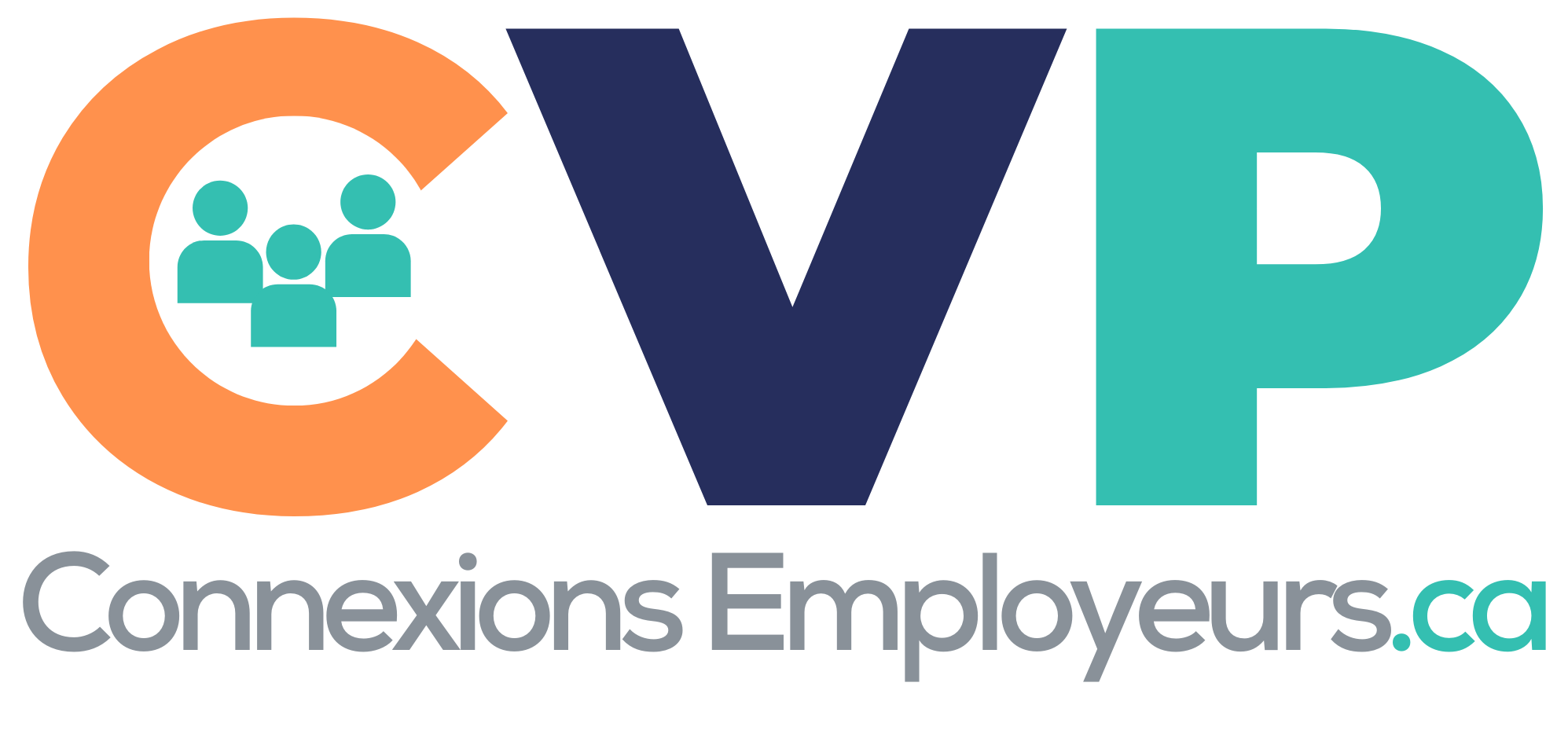What We Heard: Public Engagement on International Credential Recognition (Ministry of Post-Secondary Education and Future Skills)

This report explores how government can enhance the international credential-recognition process and make the system more accessible, efficient and fair. It is based on engagement with regulatory authorities, internationally trained professionals, business associations, educational institutions, healthcare associations, immigrant-serving organizations and other members of the public.
Introduction
Over the next decade, new Canadians are expected to fill 38% (380,000) of job openings in B.C. It is important that their skills are recognized so they can fully participate in B.C.’s communities and support the economy. International credential recognition is the process of having education, skills, and work experience from outside of Canada assessed against Canadian standards. Effective credential recognition processes enable internationally trained professionals to work in their field while ensuring that British Columbians receive safe and high-quality services.
There are over 50 regulatory authorities in B.C. responsible for setting and enforcing professional standards relating to clinical and technical knowledge for 235 different regulated professions. People who received training in one of these 235 occupations outside of Canada, face barriers to recognition in these occupations.
Government is committed to improving the credential recognition process for internationally trained professionals so that they can work in their chosen fields to the full extent of their abilities. To this end, Government is aiming to introduce legislation this fall that will provide guidance to regulatory authorities to help them reduce barriers and ensure all qualified internationally trained professionals can provide British Columbians with the professional services and care they require while maintaining high safety and quality standards.
Throughout the spring of 2023, the Minister of State for Workforce Development, Andrew Mercier (the Minister), led broad external engagement with regulatory authorities, internationally trained professionals, business associations, educational institutions, healthcare associations, immigrant serving organizations, and other members of the public. The engagement included twelve virtual roundtables and an online survey. The purpose of this engagement was to better understand challenges and opportunities related to credential recognition from the perspective of regulatory authorities, employers, and internationally trained professionals. The engagement also focused on the types of supports that could best help these groups to overcome barriers to credential recognition.
Eight consistent themes emerged from the engagement activities about how government can enhance the international credential recognition process and make the system more accessible, efficient, and fair. Regulatory authorities, internationally trained professionals, and other stakeholders told us they care about:
Theme 1: Streamlining complex processes and shortening timelines
Theme 2: Improving the accessibility, consistency, and transparency of information about the licensure process and requirements
Theme 3: Exploring alternative pathways for credential recognition
Theme 4: Exploring more flexible approaches to demonstrate language proficiency
Theme 5: Introducing performance standards for data and reporting
Theme 6: Increasing financial and other supports for internationally trained professionals and regulatory authorities
Theme 7: Improving coordination between government and regulatory authorities at the provincial and federal levels
Theme 8: Strengthening collaboration between regulatory authorities, educational institutions, employers, and immigrant serving organizations to support licensure and integration
In total, more than 1,450 British Columbians from across the province participated in this public engagement through the virtual roundtables and online survey.
This What We Heard report summarizes the key themes listed above. The opinions and suggestions shared via this engagement will inform new legislation and other actions to improve credential recognition in B.C. This work will be advanced in partnership with regulatory authorities, employers, post-secondary institutions, immigrant serving organizations and internationally trained professionals. B.C. is committed to supporting internationally trained professionals in realizing the benefits of their skills training and licensure, and through this help our economy prosper.
Pour lire le rapport, cliquez ici.
Source: Ministry of Post-Secondary Education and Future Skills | What We Heard Report on International Credential Recognition – (July 6, 2023)

Réponses